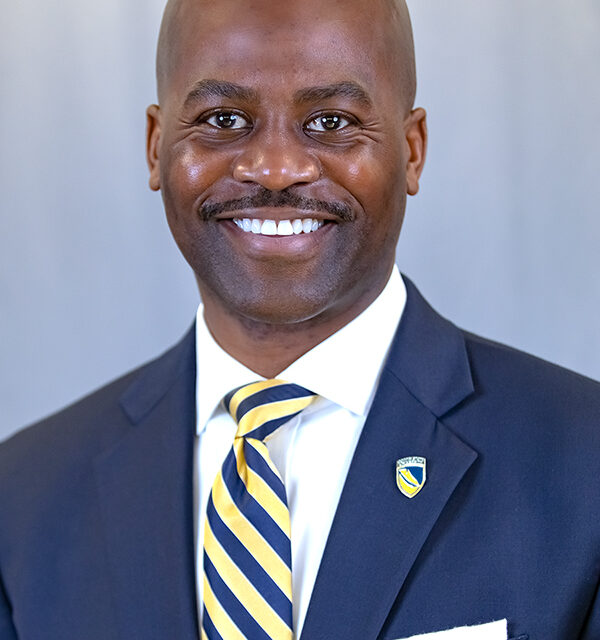By Anthony Jenkins, Ph.D.
As gun violence continues to plague our nation, mass shootings and other acts of senseless violence have spilled onto college and university campuses across Maryland. Incidents like the recent campus shootings violate everything held sacred in our lives, and in academia. The acts of cowards violate our sense of personal safety, traumatize school communities, disrupt learning and cast a negative perception of our institutions. This spurs students, parents and community members to question the safety of college and university campuses. These criminals have no regard for human life. This, coupled with their lack of maturity and access to firearms, makes them a danger to themselves– and to others.
Every year, educational institutions across the nation are required to make available information on crimes that transpire on or close to their campuses. These statistics are released in accordance with the Clery Act. The law was named after a 19-year-old Lehigh University student who was assaulted and murdered on April 5, 1986 while she slept in her residence hall.
Historically, high crime data have adversely impacted recruitment, enrollment, retention and public perception. After the recent college shootings in Maryland, I have encountered numerous inquiries via calls and emails regarding the safety of our campus. Many offered their support and encouragement. However, the majority expressed concern about our campus and insinuated that because of our location we needed to take drastic steps to ensure campus safety.
It is not uncommon for people to allow the location of a campus to persuade their perception of safety. This is often the case with Coppin State University (Coppin). It is important to note that Coppin embraces West Baltimore, and West Baltimore embraces Coppin. We take pride in investing our resources and leveraging the insight of our faculty, staff, students and alumni to help develop talent, nurture potential and elevate our community. It may not have been the case a decade ago, but today our institution is one of the safest campuses in Maryland.
At Coppin, our police department is an active part of our campus community and readily accessible. We have over 20 armed police officers and public safety personnel who patrol campus. We also have a network of 300 cameras, text and email emergency notification, strong external memorandums of understanding, blue light emergency call stations, gunshot detection technology, license plate recognition technology, remote door-locking capability and other tools that allow members of our campus community to request help or report incidents. We cannot prevent every crime, but we can address conditions that can make crime more prevalent.
Since 2018, through strategic planning, Coppin has reduced crime on campus by 80 percent. While we have not experienced the same increase in violent incidents witnessed on other campuses throughout the state, we still stand in solidarity with our sister institutions.
Statewide conversations about crime on campus and the efforts made by institutions to safeguard their communities are needed and could offer lifesaving solutions. Over the coming months, there will be many conversations about campus safety. Those discussions should come from an authentic place and avoid manipulating data and narratives to downplay violence on one campus while exaggerating violence on another. Persons or organizations who seek to do otherwise have no relationship with the truth.
Addressing the sources of gun violence and crime involving young people in Baltimore is paramount for the criminologists, sociologists, social workers and psychologists at Coppin. They are seeking to address these issues through research and engagement.
Dr. Johnny Rice II, interim dean and associate professor of criminal justice, renowned researcher on gun violence and executive director of the Bishop L. Robinson Jr. Justice Institute, is working on a national collaborative research project to better understand the reasons young people are choosing to carry firearms in Baltimore.
Ronald Williams, Ph.D., serves as associate professor and director of the Center for Strategic Entrepreneurship. Williams is working with a transdisciplinary team, which includes Dr. Rice, to better understand the youth entrepreneurship landscape and provide more sustainable opportunities for youth. The team is seeking alternatives to activities that could entangle youths in criminal conduct. Research that is produced by Coppin faculty should be used to drive nonpartisan legal accountability, stronger policies and interventions designed to help address environmental and behavioral factors that foster violence in our society.
Anthony L. Jenkins, Ph.D, is president of Coppin State University in Baltimore.
The post Op-ed: Perception is not always reality appeared first on AFRO American Newspapers .











